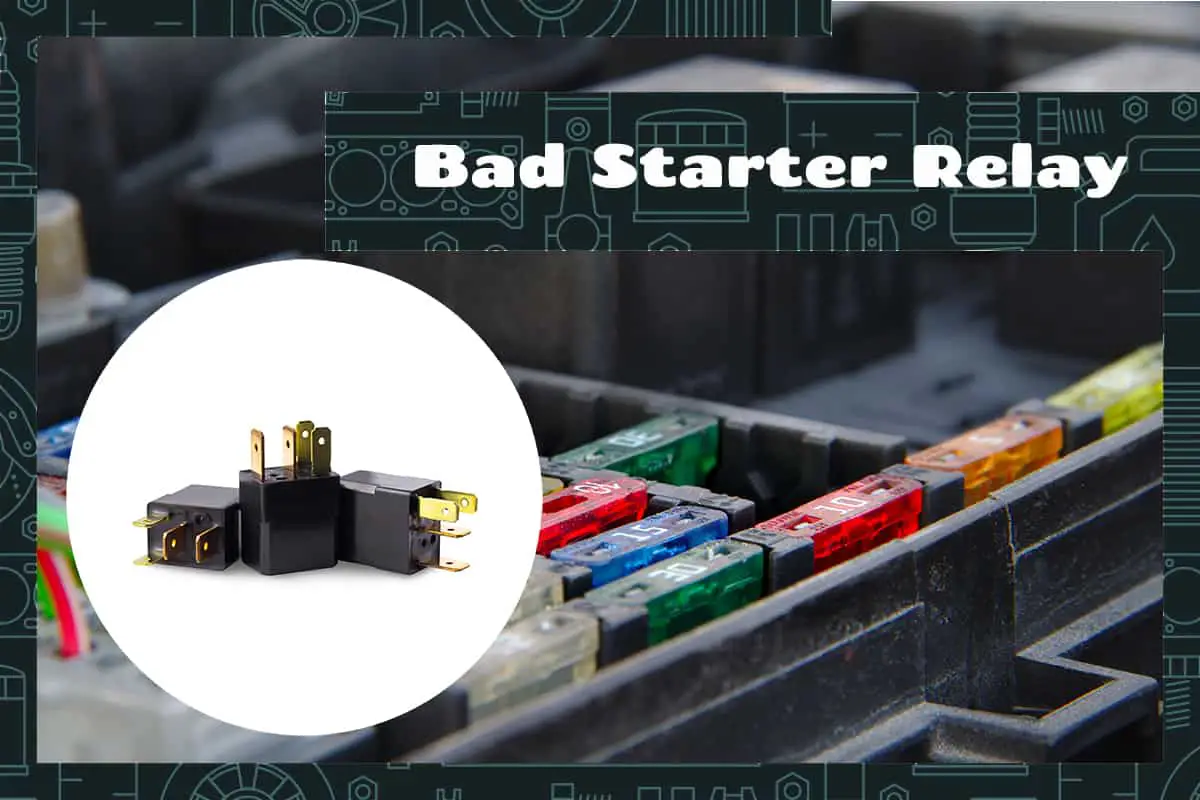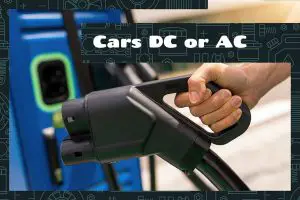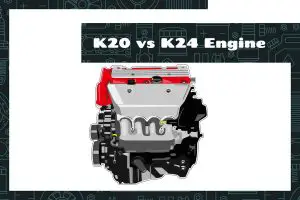The starter relay acts as the switch that triggers the starter motor, which is responsible for firing up the engine. If this component fails, the entire ignition process can be disrupted. Understanding the symptoms of a bad starter relay, its location in your vehicle, and the cost of replacement can save you from unexpected disruptions and expenses.
Bad starter relay symptoms typically include problems starting the car, unusual noises during ignition, and irregular engine cranking. You’ll usually find the starter relay in the fuse box under your car’s hood or dash. The replacement cost, including parts and labor, often ranges from $50 to $250, depending on the model of your vehicle.
In this guide, we’ll dig deeper into these symptoms, help you locate the starter relay in your car, and discuss what to expect in terms of replacement cost.
What Is the Car Starter Relay?
The car starter relay, oftentimes mistaken as the ignition relay, is a small and essential part of your vehicle’s ignition system. Its primary role is to transmit electrical current from the battery to the starter motor, setting the engine in motion.
When you turn the ignition key or push the start button, you set in motion a sequence of events designed to start your car’s engine. The ignition switch sends a small electrical signal to the starter relay. This signal energizes the relay, creating a bridge between the car battery and the starter motor.
Not only does a healthy relay ensure a smooth start, but it also protects other components in the ignition system. For instance, by managing the high current from the battery, the starter relay prevents the ignition switch from carrying the heavy electrical load, thus preventing potential ignition switch failure.
Recognizing Bad Starter Relay Symptoms
One of the key aspects of preventive car maintenance is recognizing when something is not right with your vehicle. When it comes to the starter relay, certain symptoms might indicate a problem.
1. Difficulty Starting the Car
When the relay fails, it may not send enough current to the starter motor. As a result, the motor may not have the power it needs to crank the engine, and your vehicle may not start or may require multiple attempts to start.
2. No Clicking Noise During Ignition
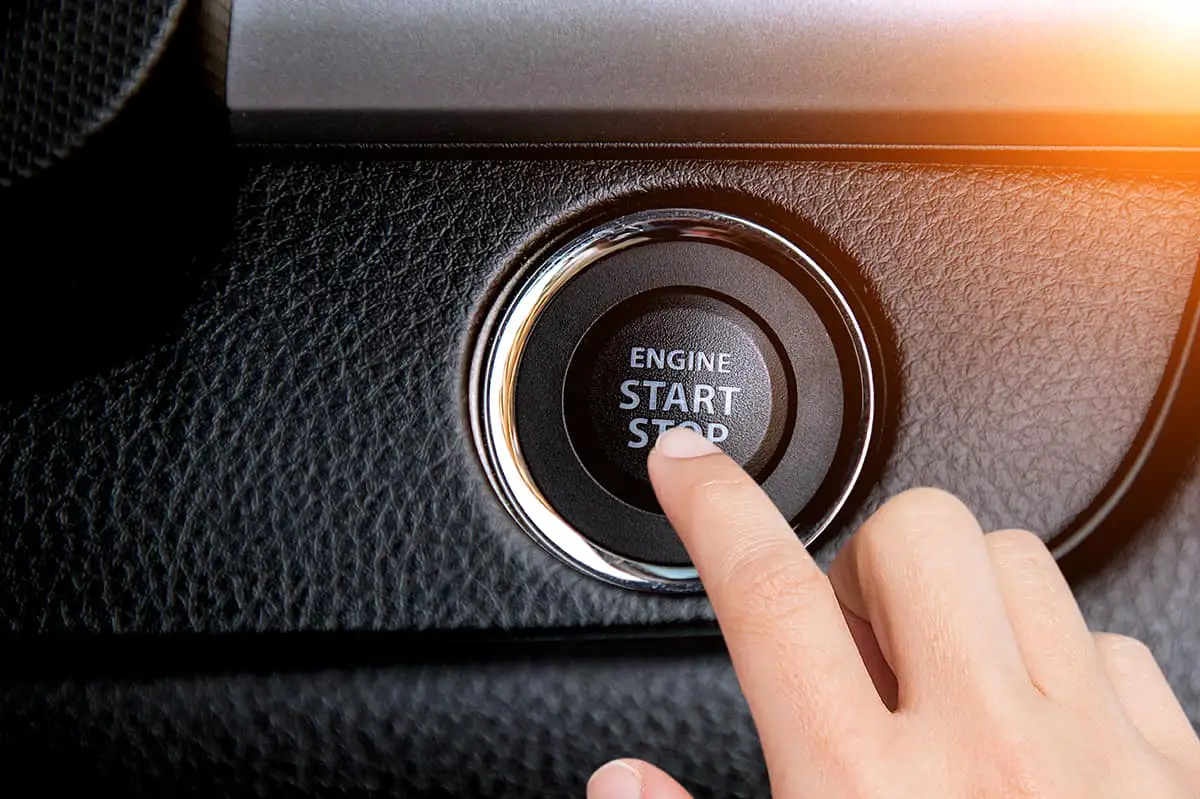
This sound is the starter relay closing its contacts and directing current to the starter motor. If the relay is not working correctly, you might not hear this clicking sound when you turn the ignition key or press the start button.
3. Vehicle Starts After Several Tries
If your vehicle doesn’t start on the first try but starts after several attempts, this could be a symptom of a failing starter relay. It might be that the relay is not providing a consistent flow of electricity, or the relay’s contacts are sporadic in their operation.
4. Intermittent Issues When Starting the Car
Your car may start perfectly fine one moment and then have trouble starting the next. This unpredictable behavior can be a sign that the relay is on its way out.
5. Starter Stays On After the Engine Has Started
In normal circumstances, the starter motor should turn off once the engine starts and you release the ignition key or stop pressing the start button. However, if the starter relay is sticking or failing, it might keep the current flowing to the starter motor even after the engine has started. This can cause the starter to stay engaged, creating a grinding noise.
6. Unusual Noise From the Starter
You might hear a grinding noise if the relay sticks and keeps the starter engaged. On the other hand, if the relay fails to send enough power to the starter, the starter motor might make a whirring sound, as it’s spinning without engaging the engine’s flywheel.
7. Vehicle Won’t Start At All
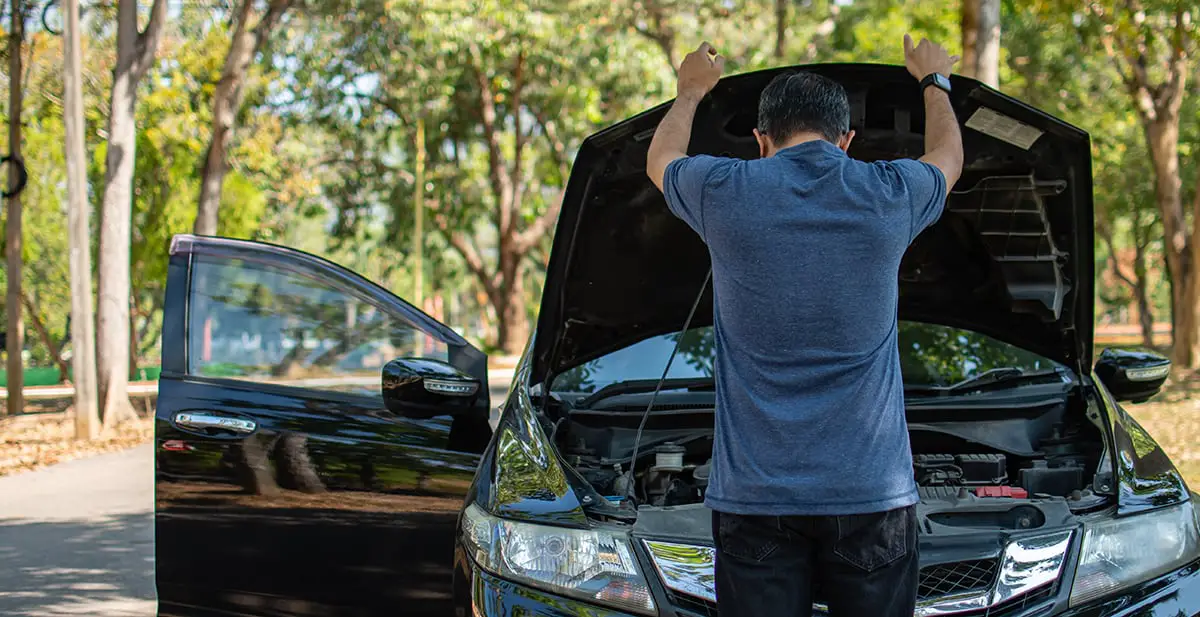
A completely failed starter relay will prevent your car from starting at all. Nothing will happen when you turn the key or press the start button because the relay can’t send the current needed to operate the starter motor.
Locating Your Car’s Starter Relay
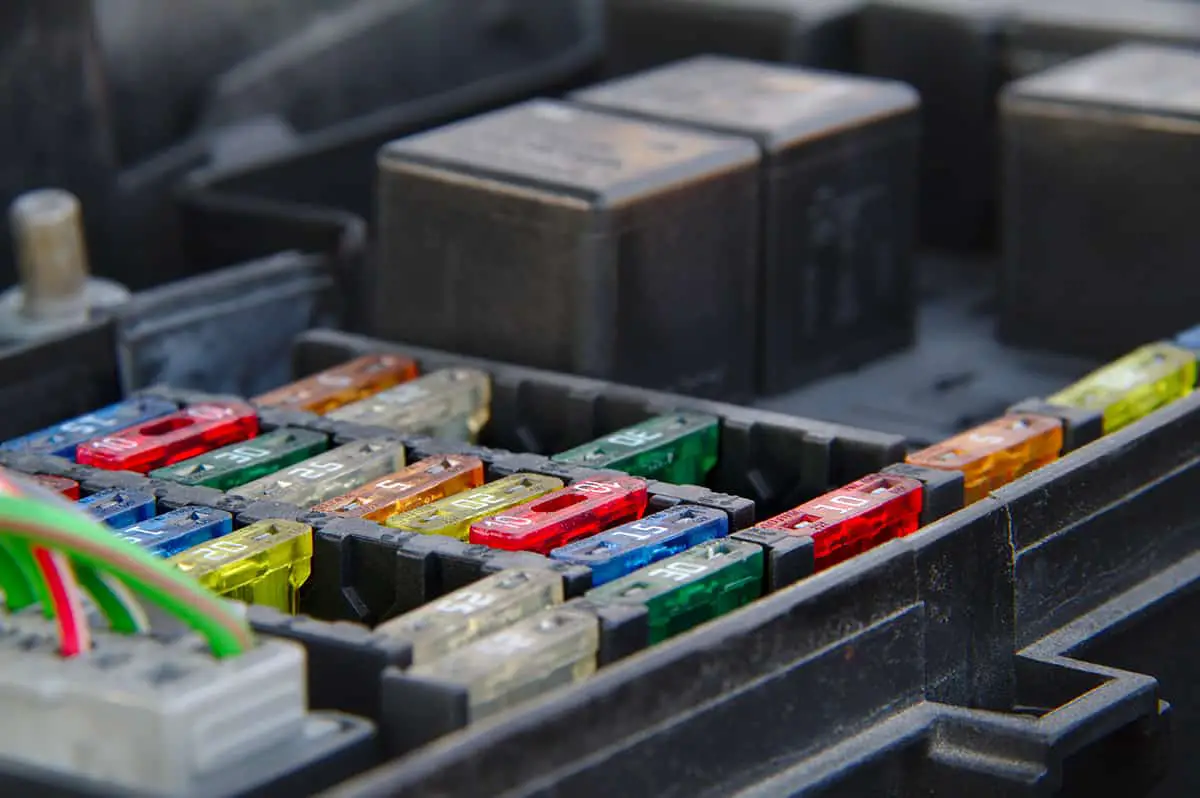
The starter relay is usually well-protected within the vehicle. If you need to locate it, whether for checking, testing, or replacement purposes, you’ll find it typically under the hood. The exact location, however, can vary depending on the car’s make and model.
Here’s a general guide to help you locate your car’s starter relay.
- Under the Hood: The most common location for the starter relay is in the engine bay. It is typically housed in a fuse box or power distribution center, which is a box filled with fuses and relays that regulate the power to various systems in your car. You’ll usually find the fuse box on the driver’s side of the engine bay, near the battery or the firewall (the wall separating the engine from the driver’s compartment).
- In the Fuse Box: Once you’ve located the fuse box, you’ll need to identify the starter relay within it. The fuse box cover usually has a diagram or chart that labels each fuse and relay. Look for a relay labeled “starter” or “start.”
- Finding a Hidden Starter Relay: In some cars, particularly older models or some European cars, the starter relay may not be in the engine bay. It could be hidden under the dashboard, in the glove compartment, or in another protected area inside the car. Consult your vehicle’s manual or look online for specific information about your car model.
Starter relays come in various shapes and sizes, but they’re most commonly small, rectangular boxes with electrical terminals protruding from the top or bottom. They’re usually made of plastic, with colors ranging from black to blue or even transparent.
Replacement Cost for a Bad Starter Relay
The cost of replacing a bad starter relay can vary widely, depending on various factors such as the make and model of your vehicle, the cost of the part, and labor charges. This section provides a breakdown of the potential costs involved in replacing a starter relay.
Cost of the Starter Relay
The starter relay itself is typically not an expensive part. On average, you can expect to pay between $20 and $50 for a new starter relay, depending on the make and model of your vehicle. Some luxury or specialized vehicles might have more expensive parts, but for most vehicles, the starter relay is relatively inexpensive.
Labor Costs
While the part itself may not be costly, the labor costs can add to the total cost of replacement. The time it takes to replace a starter relay can vary. For some vehicles, it’s a quick and simple process, while for others it can be more involved. On average, you can expect the labor costs to be between $50 and $100, though this can vary based on the mechanic’s hourly rate and your location.
Testing Fees
Before replacing the starter relay, most mechanics will want to perform tests to confirm that the relay is indeed the problem. These tests could include a visual inspection, electrical testing, or even a multimeter test. The cost of these tests could be around $20 to $40.
DIY vs. Professional Replacement
Replacing a starter relay is a relatively straightforward process that can be done at home if you’re comfortable working with your car’s electrical system. Doing it yourself can save you labor costs, but it’s important to have the correct tools and a good understanding of the process to avoid causing further issues.
If you’re uncomfortable doing it yourself, having a professional handle it is worth the cost. Incorrect installation could cause further problems, leading to more expensive repairs.
